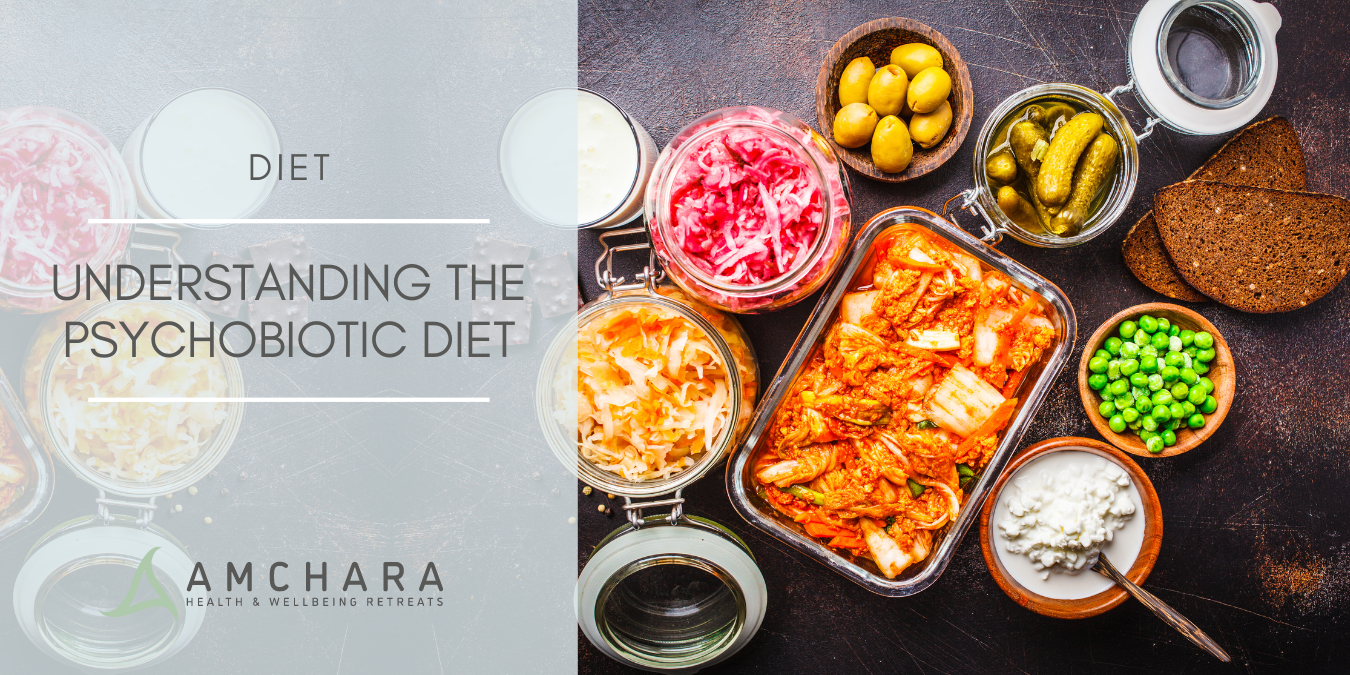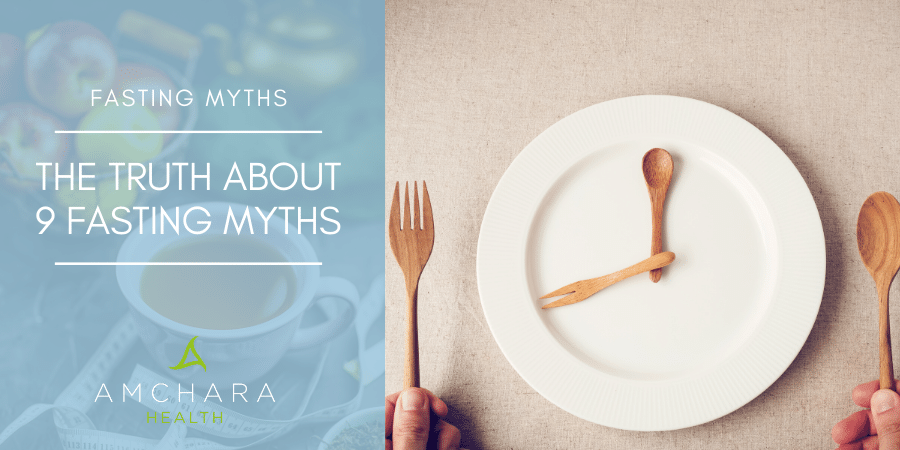A vegetarian diet – an alternative pathway to successful weight loss?
We all know that to lose weight we need to reduce the quantity of calories we eat.
Our bodies will then burn stored fat and we will lose weight. Simple?
Well, perhaps not, as not all calories are not created equal.
Research has shown that a vegetarian diet may promote more weight loss than a conventional weight loss diet.
We always take an evidence-based approach and aim to provide you with actionable knowledge and tips to help you on your journey to optimal health.
First let’s define what we mean by a calorie.
Put simply, it’s a unit of energy.
One calorie contains enough energy to raise the temperature of 1g of water by 1 degree.
Our food comprises protein, carbohydrate and fat, which all contain energy.
Fats are the densest form of energy, containing around 6 calories per gram.
Carbohydrates and protein, on the other hand, contain an average 4 calories per gram.
Although on paper and, according to the laws of thermodynamics, a calorie is a calorie, the different food constituents don’t behave in the same way in our bodies.
For example, protein tends to slow our digestion and makes us feel full.
Protein also offsets the amount of lean muscle that is broken down when calories are restricted when we try to lose weight.
Carbohydrates exist in various forms which the body uses as a quick source of energy.
Fibre found in complex carbohydrates can slow down both the digestion of carbohydrates and the release of sugar..
A study into vegetarian diet versus low calorie diet for effective weight loss
According to a study published in the Journal of the American College of Nutrition, eating a vegetarian diet may increase your chances of losing weight more effectively compared to a conventional low-calorie diet.
It seems not only does a vegetarian diet assist with weight loss, it also appears to affect our metabolism because of the type of fat that is lost.
The research was carried out by scientists from the Institute for Clinical and Experimental Medicine at Charles University and the Institute of Endocrinology, both in the Czech Republic.
The study involved randomly assigning two groups of individuals with Type 2 diabetes to either a standard low-calorie diet or a vegetarian diet.
Both diets involved calorie restriction to 500 calories a day.
The standard weight loss diet followed the recommendations of the European Association for the Study of Diabetes and is usually offered to those with Type 2 diabetes.
The diet comprised both plant and animal based foods and was made up of approximately 20% protein, 50% carbohydrate and less than 30% fat.
The vegetarian diet – which was chiefly vegan apart from a portion of low fat yoghurt per day – was comprised of nuts, fruits, grains, legumes and leafy vegetables.
It contained around 60% carbohydrate, 25% fat and 15% protein.
Study participants were also asked not to change their existing exercise habits for the first 3 months.
Thereafter they followed a tailored exercise programme 3 times a week based on their exercise history.
The participants were called in at 3 months and then again at 6 months after they had started the programme to record their weight loss.
Who took part?
All 75 participants of the study had been diagnosed with Type 2 diabetes, were considered overweight and had a body mass index (BMI) over 25.
A person is considered overweight if they have a BMI of between 25 and 29. Obesity is defined as having a BMI of over 30.
Being overweight predisposes the body towards developing Type 2 diabetes, because the more fat a person has, the more insulin resistant they tend to be.
Research has suggested that this may be because overeating stresses cells to such an extent that they respond by dampening down their insulin receptors.
This is relevant to us in the UK as in 2017, almost 63% of the UK population were considered to be obese or overweight.
This figure has increased by a massive three times since the 1980s.
Of course, being overweight is often not simply a matter of overeating, it may relate to hormone imbalance, too much stress or even not enough sleep, as well as other factors.
What were the results?
The vegetarian diet was twice as effective at reducing body weight compared to the standard diet.
Overall participants on the vegetarian diet lost 6.2kg, compared to a loss of 3.2kg by those on the standard weight loss diet, despite them consuming identical amounts of energy.
Interestingly, participants on the vegetarian diet in this study were better able to stick to the diet without cheating than those on the standard weight loss diet.
Adherence to the diet was defined as eating no more than 100 calories per day in excess of the prescribed diet.
Participants also noted they felt fuller.
This could have been because the vegetarian diet would have naturally contained more fibre than the conventional diet.
People eating the vegetarian diet felt they had more energy than those on the standard diet.
Furthermore, they maintained the exercise regime better, probably due to these higher energy levels.
Even more impressively, the weight loss results measured at the end of the 6 month study remained consistent a year after the study finished.
At the end of the study, researchers measured the fat level and composition of the fat in the thigh area of subjects, using an MRI scan.
Participants on both diets saw a reduction of fat under the skin (subcutaneous) of approximately equal amounts.
However, those eating the vegetarian diet saw a greater reduction in the fat inside muscles (intramuscular).
Reducing intramuscular fat could help improve muscular strength and mobility, particularly in older people.
The third type of fat analysed was subfascial fat, which is fat on the surface of muscles.
The results found that a vegetarian diet was the only diet that reduced subfascial fat.
The reductions in fat correlated with changes in fasting plasma glucose levels as well as cell sensitivity to insulin.
Insulin resistance and diabetes
Insulin helps the body use glucose for energy by allowing sugar into the cells from the blood.
Insulin resistance occurs when the body cells stop listening to insulin and so no longer respond to its message.
If cells are resistant to insulin, they won’t take glucose out of the blood.
Blood sugar levels then remain high until the pancreas pumps out extra insulin in an attempt to bring the sugar levels down.
Over time, the pancreas will tire and becomes unable to produce enough insulin.
Blood sugar levels therefore rise and, eventually, Type 2 diabetes will be the result.
Consistently high levels of sugar in the blood can trick your body into believing it has enough energy, thus slowing the metabolism.
A sluggish metabolism will burn calories (energy) more slowly.
Metabolism tends to slow down with age, partly because our body loses muscle as we grow older.
Lean muscle burns more calories at rest than does fat, so less muscle means fewer calories burned.
Researchers commented that losing subfascial fat increases insulin sensitivity and therefore glucose metabolism.
Effectively this reboots the metabolism, allowing insulin back into muscle cells where it can do its job of converting sugar to energy.
The results of this study are particularly relevant for the 1 in 5 people worldwide who suffer from metabolic syndrome – a combination of diabetes, blood pressure and obesity.
Metabolic syndrome puts people at a higher risk of coronary heart disease and stroke.
It’s diagnosed by a combination of waist circumference, high blood triglyceride levels and low levels of HDL (‘good’) cholesterol, along with raised blood pressure and/or insulin resistance.
Other factors in weight gain
The results of this study may not be straightforward as they first appear.
Increased weight loss on the vegetarian diet may have been a result of better compliance with the diet and the exercise regime.
It may have been impacted by the different percentages of carbohydrate, protein and fat in the two diets.
Other factors, such as ongoing stress, can lead to insulin resistance, and research has shown that even a single night of disturbed sleep can lead to a reduction in insulin sensitivity by a third.
Hormonal factors like an under-functioning thyroid gland or imbalances in sex hormones can also be associated with weight gain – none of these factors were controlled in the study.
And of course, all the participants had been diagnosed with Type 2 diabetes – however, with more and more people than ever at risk of developing this disease, the results may be relevant to many of us.
Diabetes UK anticipates that 12.3 million people in the UK – that’s 1 in 5 people – are at risk of developing Type 2 diabetes.
But the results of the study do serve to demonstrate that weight loss is not as simple as just restricting calories.
Ideally, a successful weight loss programme will aim to improve insulin sensitivity, balance blood sugar and boost metabolism.
A predominantly plant-based diet, unprocessed and containing plenty of fibre, while being delicious and filling and therefore easy to stick to, would seem to produce the best results.
We hope you enjoyed this article.
Have you tried a vegetarian diet?
Did you find it benefitted your health?
Let us know, we’d love to hear from you.
If you are concerned about your weight, a consultation with an experienced Amchara practitioner can help to pinpoint the root cause of being overweight and recommend a personalised diet plan to help you shed those unwanted pounds.
By Cathy Robinson BScDipNutMed
Diet Related Stories








